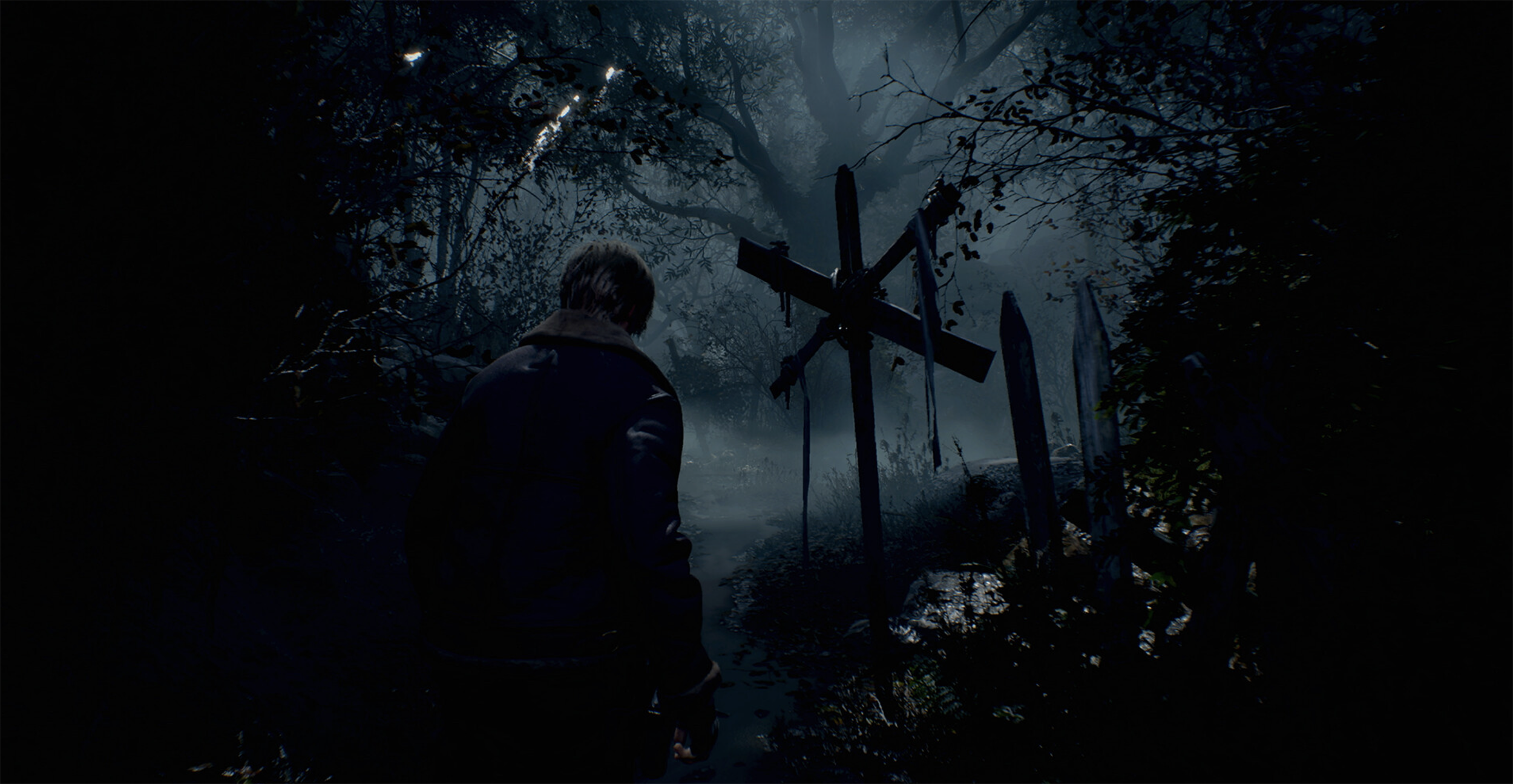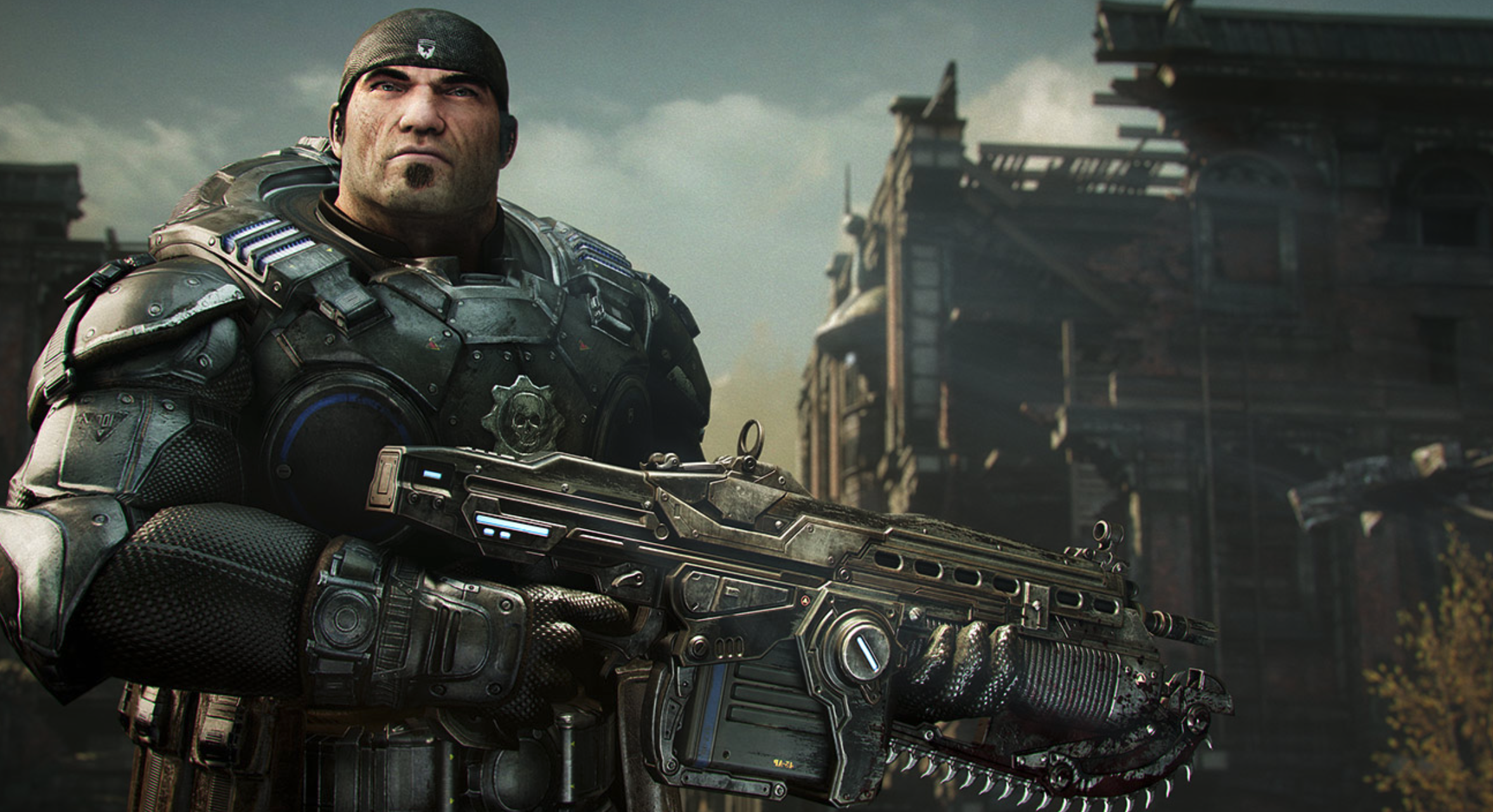Video game consumers spent more than twice as much on full remakes as they did on remasters in the past two years, according to recent research from Ampere Analysis, a market-analyst firm.
The study reviewed 42 titles released between January 2024 and September 2025, including 15 remakes and 27 remasters across PlayStation, Xbox, and Steam. Together, these games drew about 72.4 million players and generated roughly $1.4 billion through game sales, downloadable content, and other in-game purchases, reflecting the strong market for updated and reimagined titles.
On average, spending on remakes was about 2.2 times higher than on remasters. Ampere’s report found that while remasters are quicker and cheaper to produce because they reuse existing assets, they bring in less engagement and lower revenue compared to full remakes, which often involve more extensive development work, additional levels, enhanced graphics, and new gameplay features.

Analysts say the difference comes down to how each project is handled. Remakes often rebuild older games using modern technology, updated graphics, new features, and improved gameplay mechanics that better fit current player expectations. This approach can attract longtime fans as well as new players who may have missed the original release or who want a refreshed experience. Remasters usually offer enhanced visuals and performance upgrades, but keep most of the original structure and design intact, which can limit the level of renewed interest.
There was one exception. The Elder Scrolls IV: Oblivion Remastered reportedly reached about $180 million in consumer spending and had around 7 million monthly active users across different platforms. Even with that success, the overall data show remakes far outpacing remasters in total spending, showing that players prefer better updates.

For developers and publishers, the study shows a clear difference in outcomes. Remakes tend to earn more but take longer to make and require a larger investment in time, staff, and resources. Remasters can be completed faster and at lower cost, though their sales performance is usually smaller. Ampere said studios considering whether to re-release older games weigh several factors such as development risk, timing, fan interest, platform reach, potential for additional revenue streams, and overall return on investment.
The report also points to a growing trend in the gaming industry. As production costs continue to rise, publishers are finding that updating familiar titles offers a more dependable way to reach audiences. Rebuilding classic games gives companies a chance to introduce proven franchises to a new generation of players and maintain relevance in an increasingly competitive market while also leveraging established brand recognition.











0 Comments